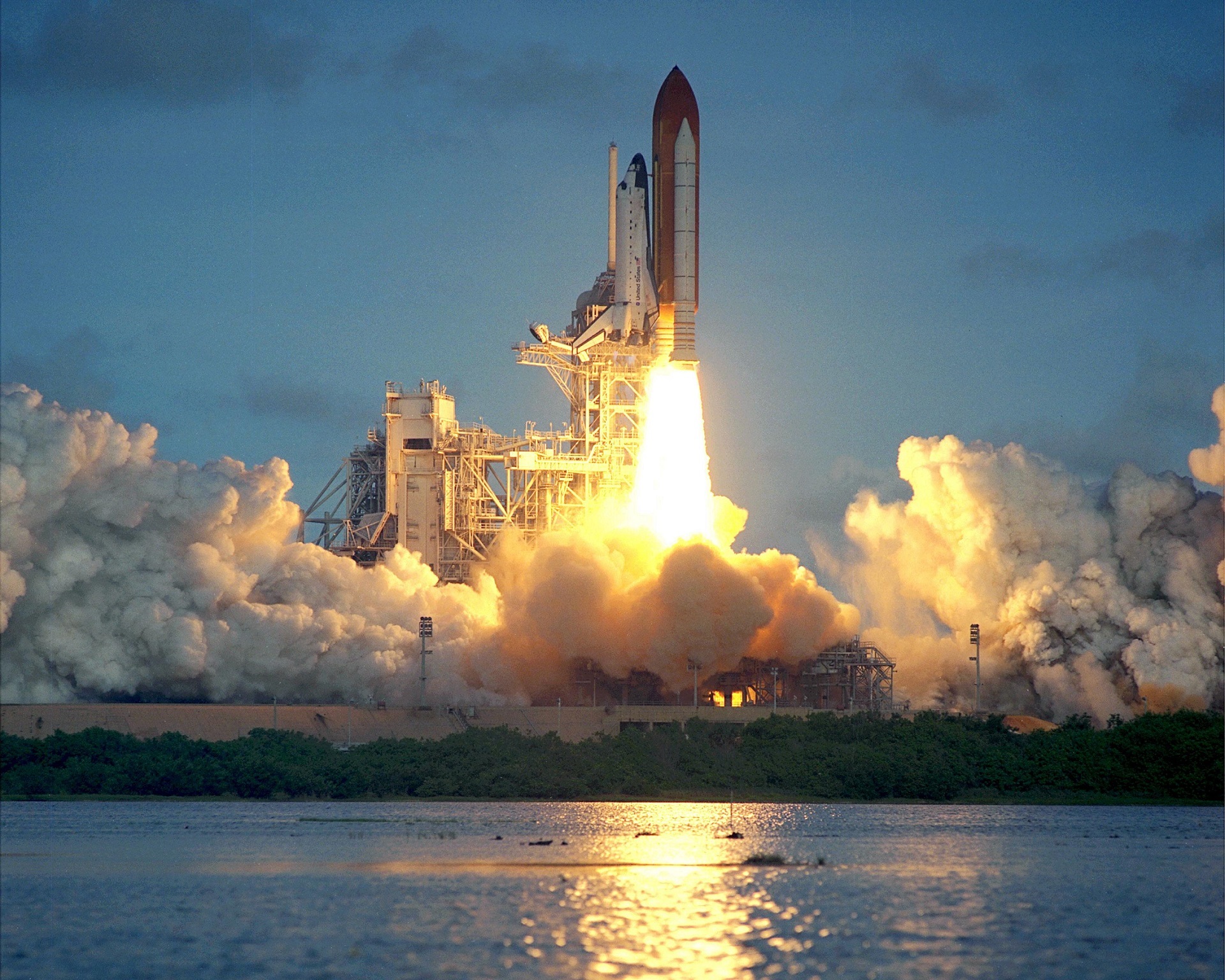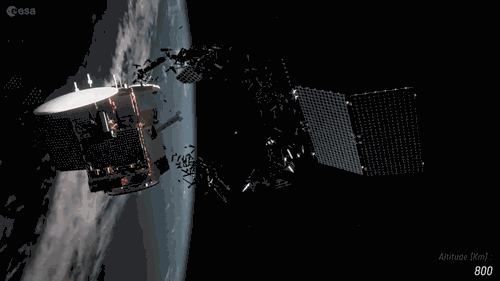
Artificial Intelligence (AI) has helped mankind reach new heights in space exploration. But what’s next?
From mission planning to rocket design, AI can complete tasks that require an advanced level of machine learning and data analysis.
Following are five ways in which AI could help in space exploration:
1. Astronomical Assistants
The use of digital assistants such as Alexa and Siri has shown how much voice input can contribute to making our domestic and work lives easier:
So, an astronomical assistant, which is a concept you might be familiar with if you are a fan of Christopher Nolan’s Interstellar, looks likely.
Researchers are working to manufacture bots such as TARS and CASE that would help astronauts in controlling their jets – and accompany them on space missions.
These assistants could also use AI to detect any danger in long space missions such as the changes in spacecraft atmosphere.
CHECK OUT: 5 Ways AI Is Making Your Life Better.
2. Mission Design & Planning

Planning and designing a space mission is a massive mathematical undertaking. One wrong step could cost the lives of the astronauts – and cost millions of dollars.
AI could prove to be very helpful while planning missions, by using big data gathered from previous missions and interpreting them for possible dangers.
This system could be like a one-stop database of missions, calculations, and complex queries.
10 Amazing Walmart Deals This Week
3. Satellite Data Processing

Satellites orbiting Earth produce a large amount of information that is sent to data centers on Earth, where it is analyzed.
The analysis process takes months and even years to classify and interpret. Using AI could decrease the analysis time but also process every detail in high fidelity.
Not to mention, AI could help in solar radiation estimations and combine meteorological data with wind speed estimation to help with space flight planning.
4. Space Debris

Tackling space debris is one of the biggest challenges faced by space explorers:
AI could help to avoid any kind of collision in space and prevent the emergence of space debris. Machine learning techniques are being used to design collision avoidance maneuvers.
AI could help in predicting debris patterns and transmit them to the spacecraft already in orbit so that they could predict collisions long before they become a real danger.
5. Navigation Systems

There are no navigation satellites around the Moon or Mars, but science could use AI to build a highly detailed navigation system – showing our galaxy in high definition, including all extraterrestrial bodies, and their mapped movement.
NASA has already collaborated with Intel to develop an intelligent navigation system that would create navigation patterns based on the photographs we have from various missions.
Just imagine, a Google Maps for the galaxy.
More About:Technology Trivia
